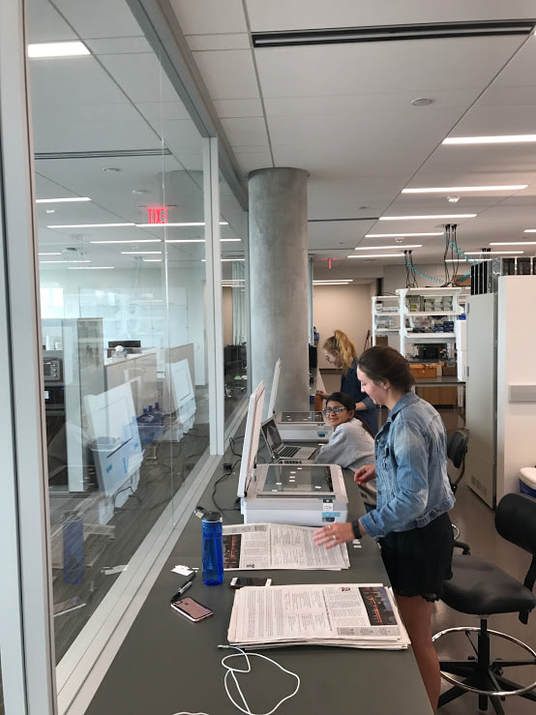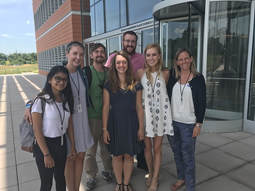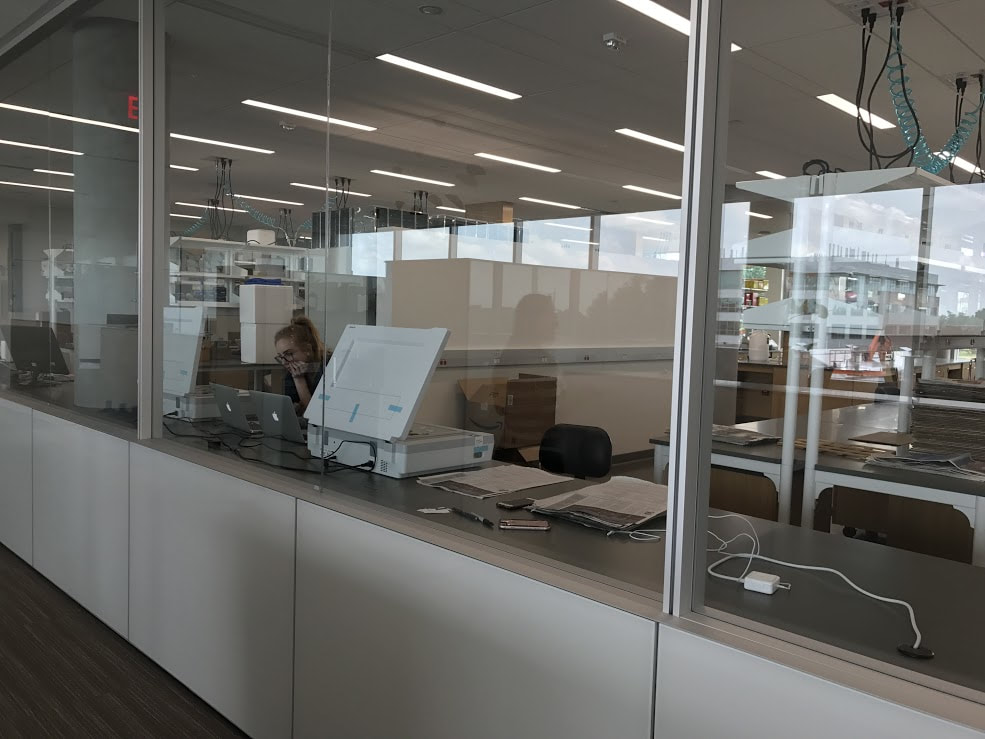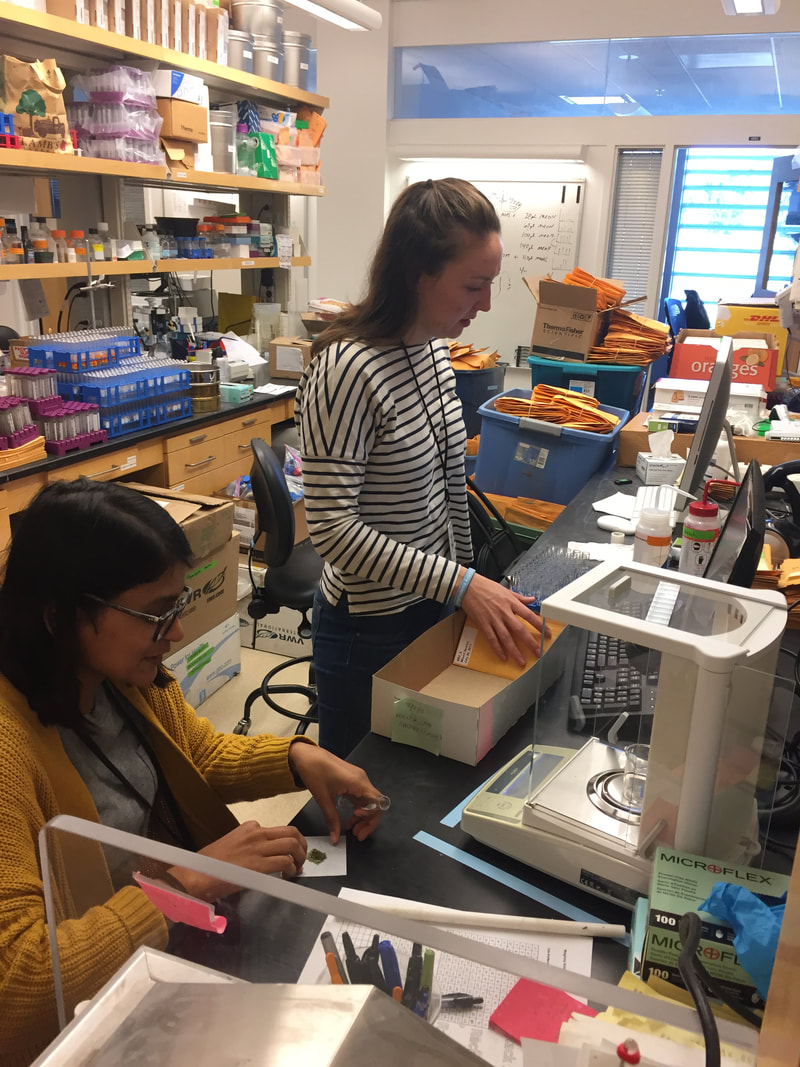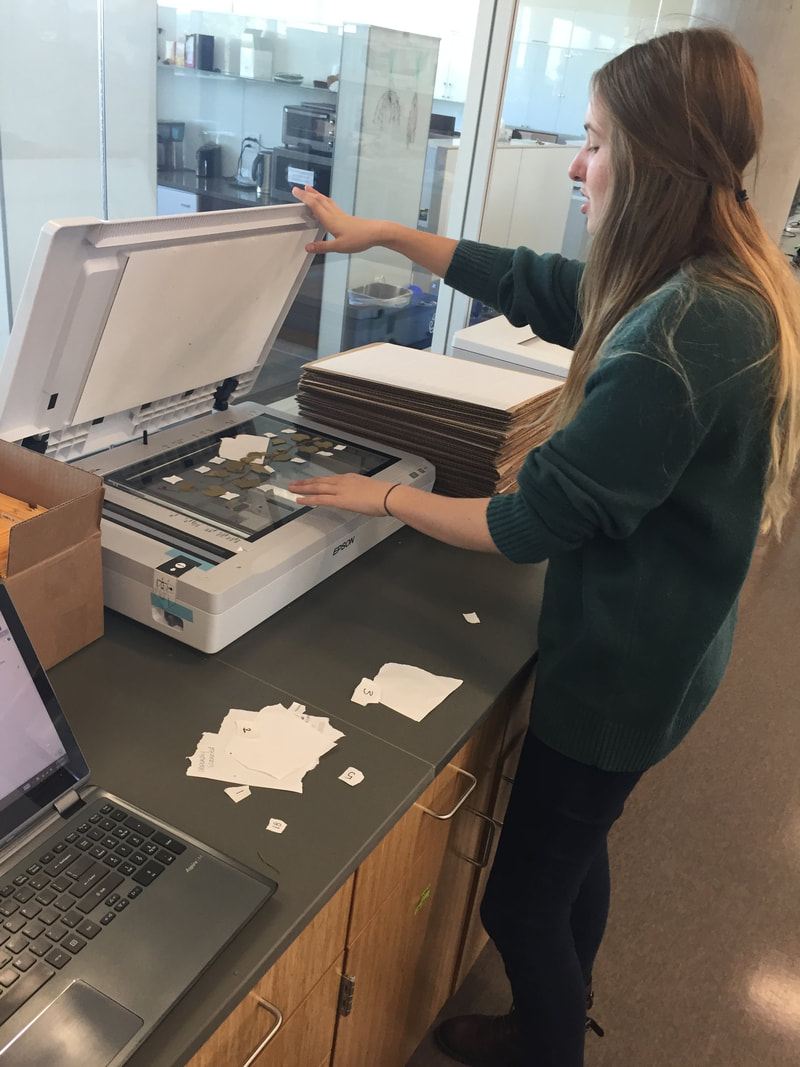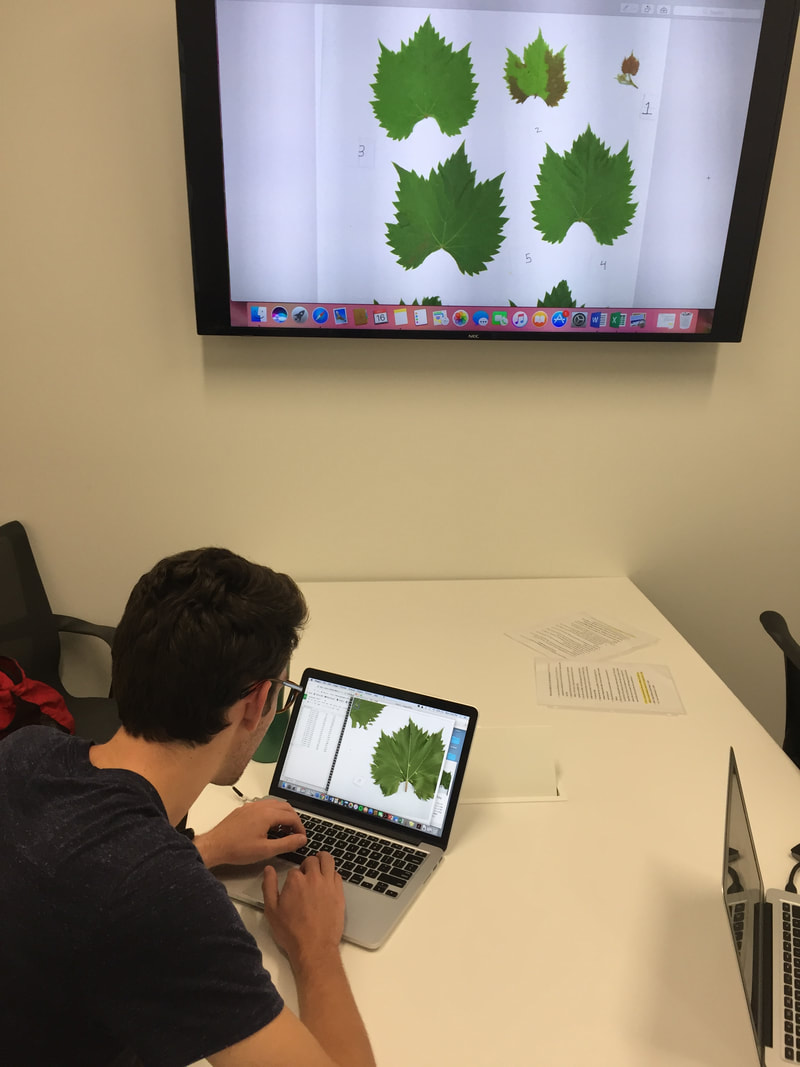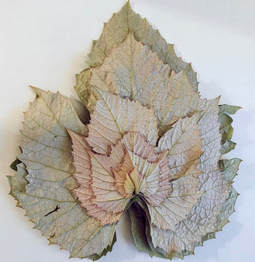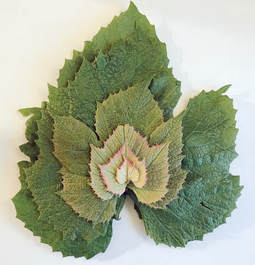|
Aim 4 supports the broader, societal impacts of the project through scientific training and public education. This includes the completion of post-doctoral, graduate, and undergraduate training in all aspects of the research from a diverse set of participants, particularly women and underrepresented minorities.
Postdoctoral Associates: Courtney Coleman (MSU), Laura Klein (SLU), Zoë Migicovsky (SLU).
Graduate Students: Gaurab Bhattarai (MSU), Zachary Harris (SLU), Joel Swift (SLU), Adam McDermaid (SDSU), Mani Awale (Mizzou), Al Kovaleski (Cornell, USDA), Juan Xie (SDSU). Technicians: Emma Frawley (SLU), Connie Liu (Mizzou). Undergraduate Students: Olivia Weigl (SLU), Niyati Bahkta (SLU), Vickie Williams (SLU), Colton Nettleton (SLU), Nathan Held (SLU), Lisa Millar (SLU), Ilona Natsch (SLU), Kayla Hannon (SLU). Interns: Dahlia Martinez (E&J Gallo Winery). |
Project post-docs, together with their PIs, are developing and delivering short courses on relevant techniques (phenotyping, genomics, transcriptomics, QTL analysis, etc.,) during project meetings and at their home institutions. Undergraduates will gain hands-on lab experience in a variety of related subjects, like quantitative leaf morphology (image left, images below). Larger-scale public outreach efforts are underway thanks to existing partnerships the Missouri Botanical Garden (St. Louis, MO) and the US Botanic Garden (Washington, D.C.), where living Vitis plots are maintained and paired with educational signage and public presentations. These endeavors will engage a diverse audience with topics about sustainable agriculture, food security, crop evolution, and biodiversity.
Our work further promotes increased scientific literacy and public engagement with science through partnerships between universities and public institutions. Specifically, this project offers a unique opportunity for multi-dimensional educational experiences in basic and applied research in viticulture with our GOALI partner E. & J. Gallo Winery. Through internships or short training sessions in Gallo vineyards, project participants will assist with data collection for phenotypic, transcriptomic, and genomic analysis, in addition to learning applied components of viticulture, such as vineyard establishment, variety development, cultivar choice, plant propagation, and grafting. Ultimately, each of our training and outreach efforts contribute to the preparation of a new generation of active scientists with a capacity to advance sustainable agriculture through the development of perennial crops for changing climates.
|
